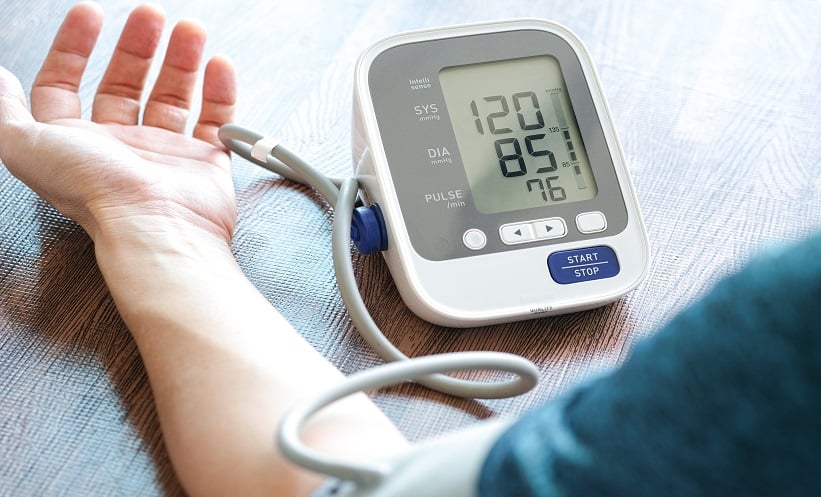A RECENT study conducted at Nara Medical University Hospital has highlighted the impact of high pulse pressure (PP) on kidney outcomes in diabetic patients. The research focused on the relationship between PP and atherosclerotic lesions in kidney biopsy tissue and its association with kidney prognosis. The retrospective study included 408 patients with biopsy-proven diabetic nephropathy.
Patients were divided into three groups based on PP levels: Tertile 1 (<51 mmHg), Tertile 2 (51–64 mmHg), and Tertile 3 (>64 mmHg). During a median follow-up of 6.7 years, 99 patients developed kidney failure requiring replacement therapy (KFRT). The study found that patients with the highest PP (Tertile 3) had a significantly higher risk of KFRT compared to those in the lowest PP group (hazard ratio of 2.07).
Histological analysis revealed that higher PP was strongly linked to glomerular lesions, tubulointerstitial lesions, and arteriolar hyalinosis, but not to intimal thickening. These findings suggest that PP is a key factor in diabetic nephropathy progression and kidney failure. The study concluded that high PP is significantly associated with kidney damage and an increased risk of KFRT in patients with diabetes.
Helena Bradbury, EMJ
Reference
Tamaki H et al. Association of pulse pressure with incident end-stage kidney disease according to histopathological kidney findings in patients with diabetic nephropathy. Hypertens Rens. 2024.








